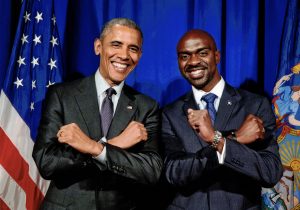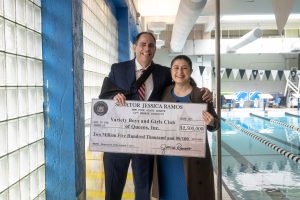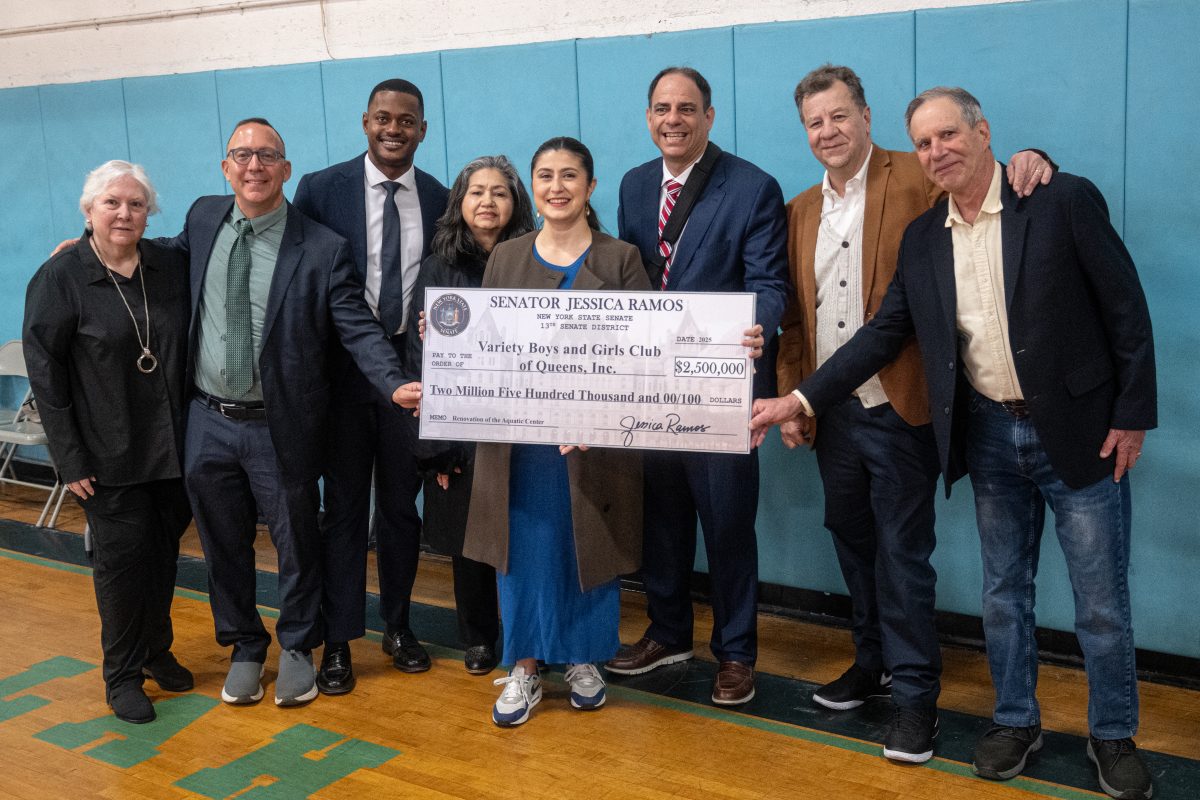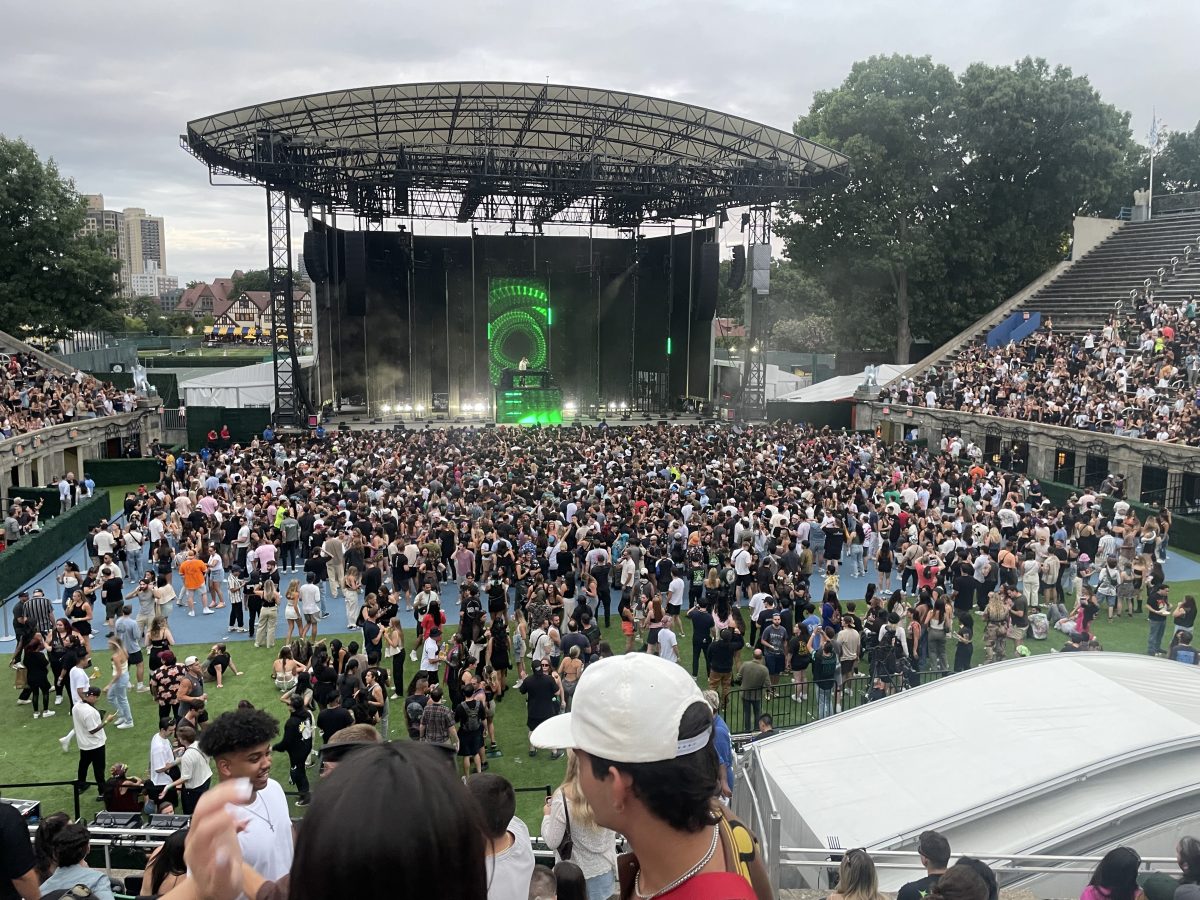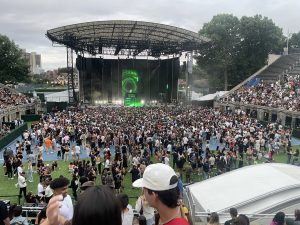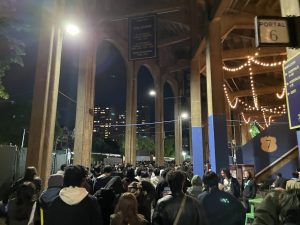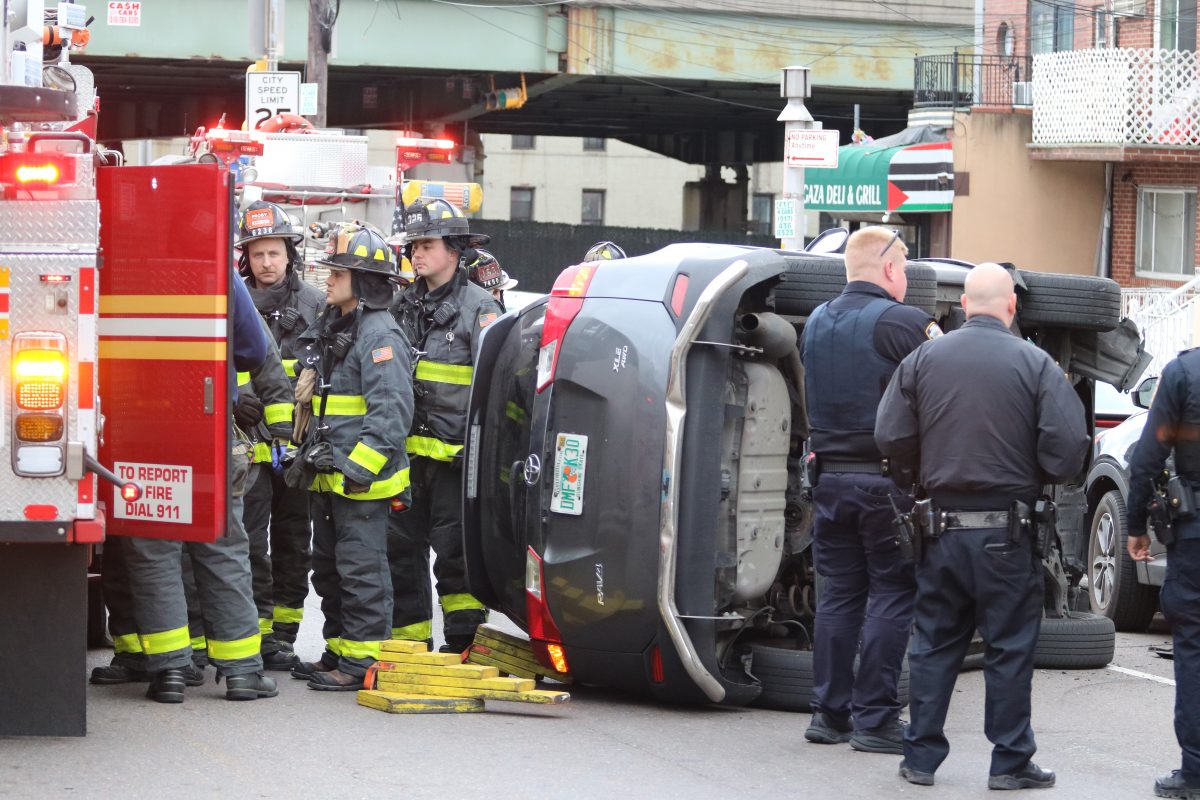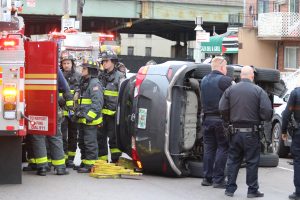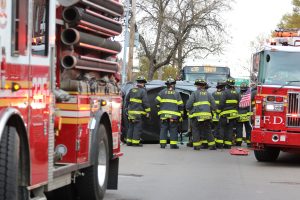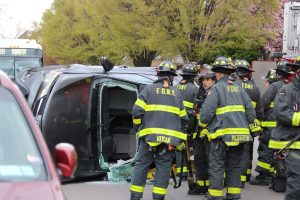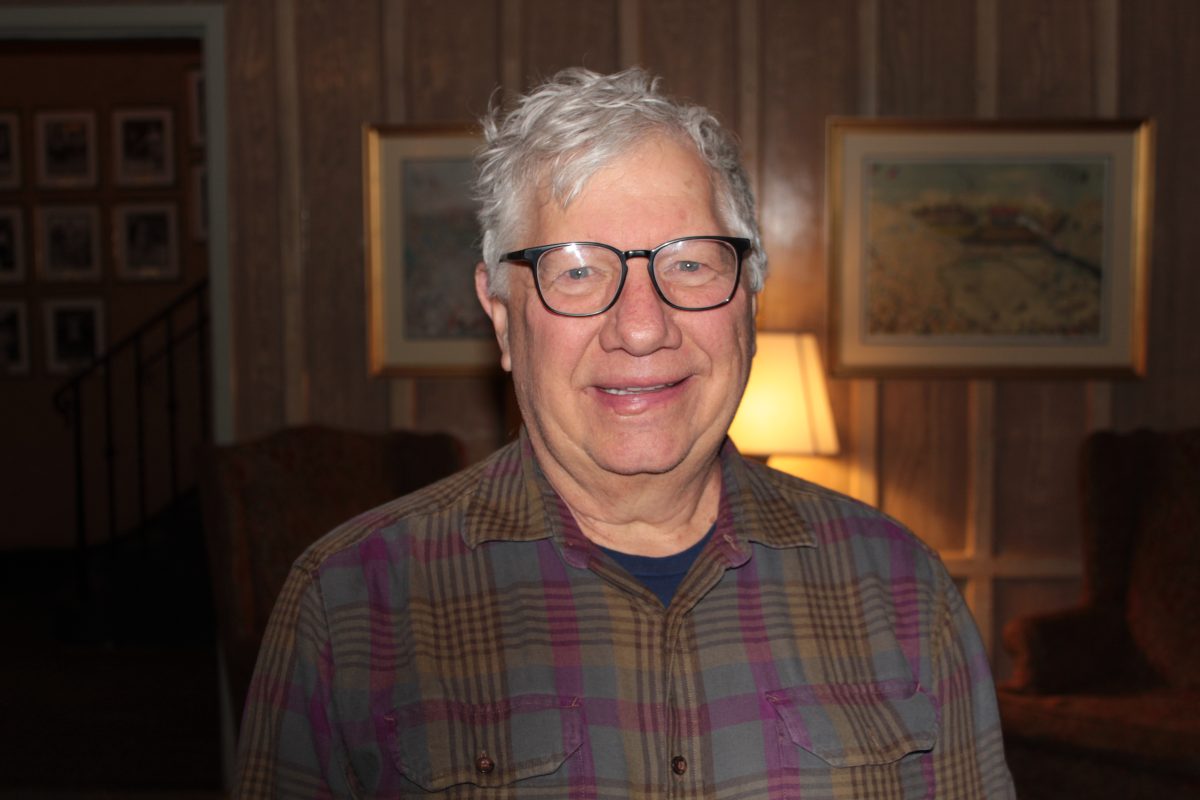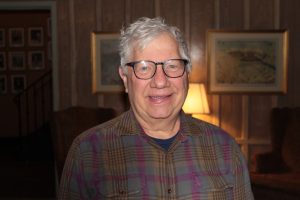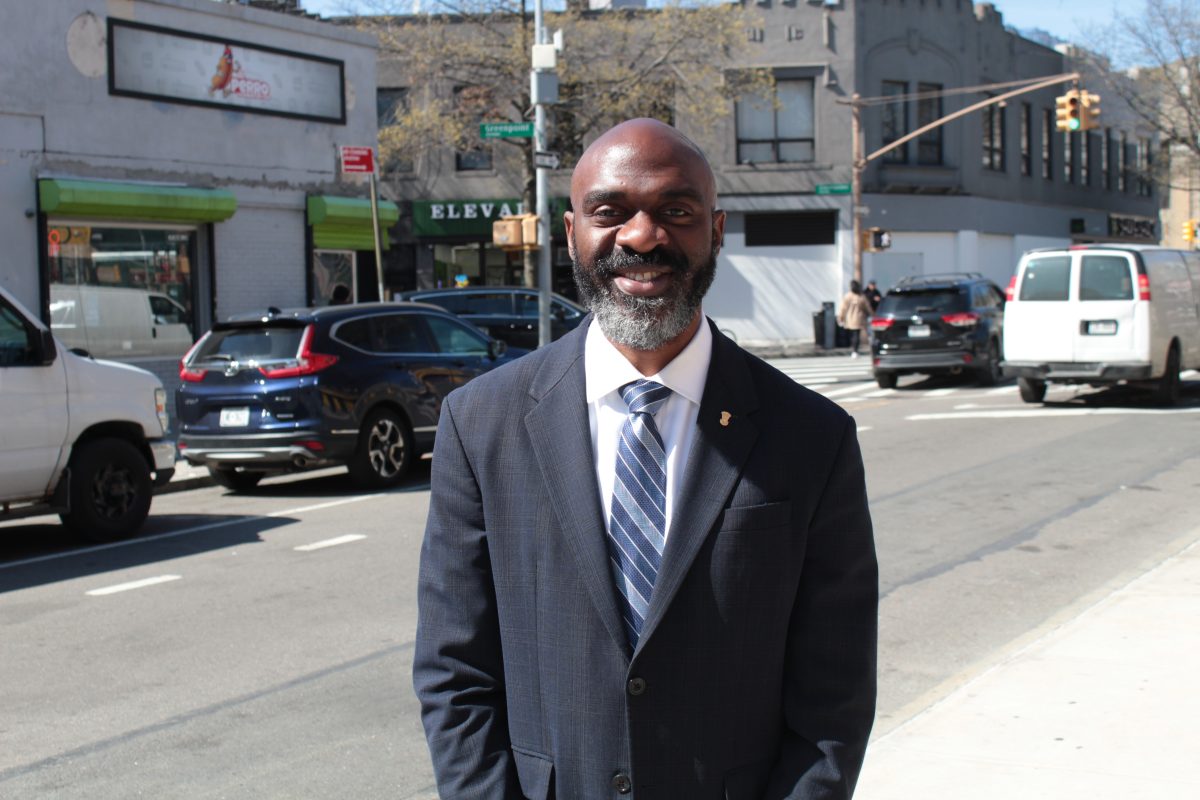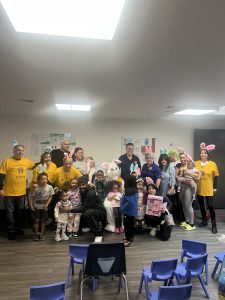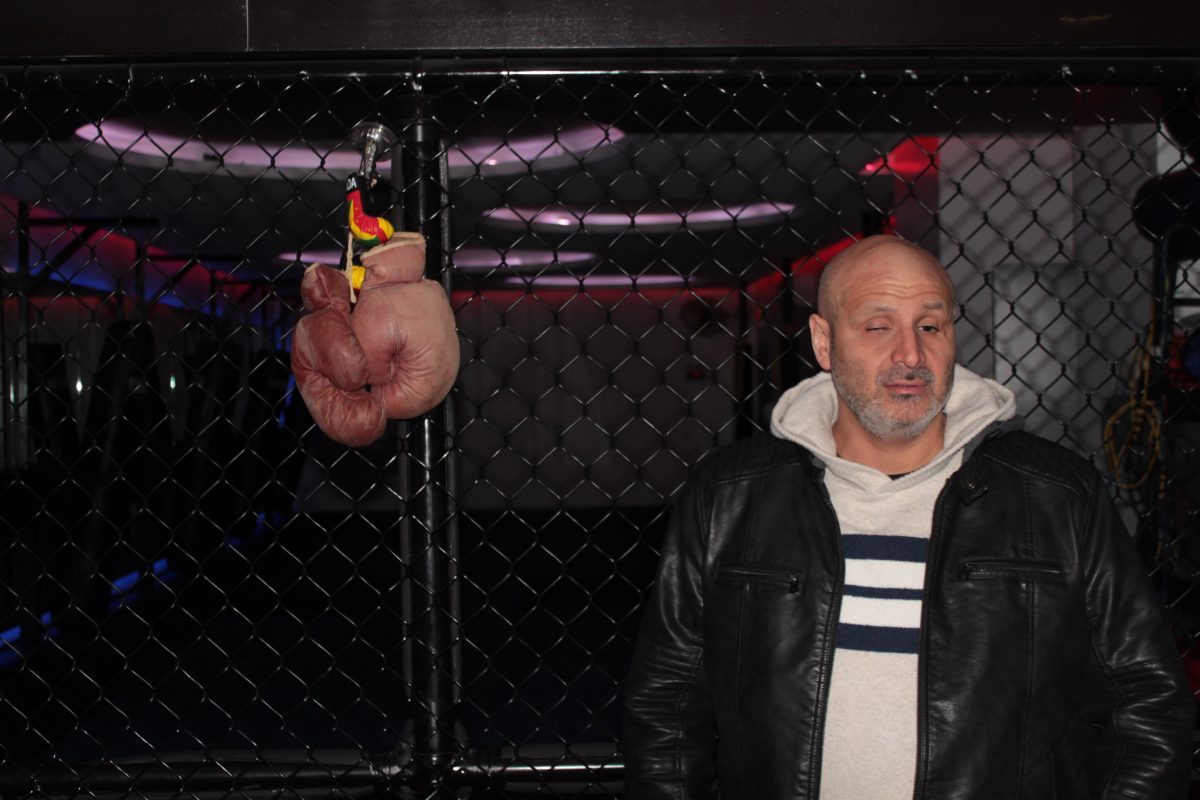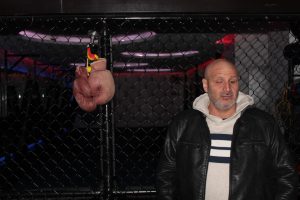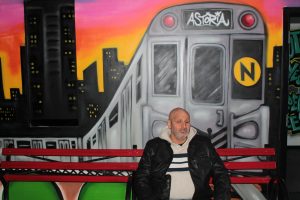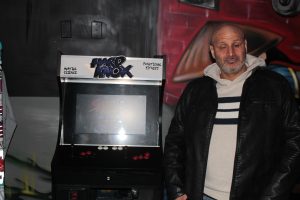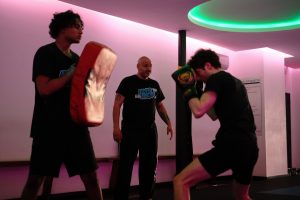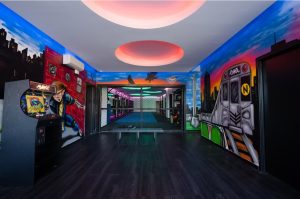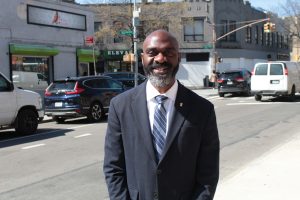
By MOHAMED FARGHALY
mfarghaly@queensledger.com
Michael Blake isn’t just running for mayor—he’s running on a lifetime of service, shaped by the streets of the Bronx and sharpened in the halls of the White House. Now a Democratic contender in the crowded 2025 mayoral race, he offers a rare combination of national experience and hometown heart—with a vision of a New York City where opportunity isn’t a privilege, but a promise. A son of Jamaican immigrants, Blake’s journey has been shaped by his family’s hard work, faith, and dedication to public service.
Blake, now 42, began his path to the mayoral race with a commitment to creating opportunities for all. As a White House aide during the Obama administration, he was part of the team that helped defeat Donald Trump in 2016. Blake, who helped launch the Urban Entrepreneurship Summit, worked tirelessly to create jobs across the country. Later, during his six years as a member of the New York State Assembly, Blake spearheaded efforts such as the My Brother’s Keeper initiative, aimed at supporting Black and Brown boys in education and career pathways.
“My goal has always been to help people achieve their dreams in a very practical way, helping people who didn’t get a chance before now have a chance,” Blake said during a recent roundtable with the Queens Ledger.
Blake is no stranger to the struggles New Yorkers face. Growing up in the Bronx, he learned from a young age the importance of community and hard work. His mother worked at a manufacturing plant for 40 years, commuting two buses a day across the bridge to Jersey, while his late father worked as a janitor in a Bronx union.
Named after two of Jamaica’s most iconic leaders—Michael Manley and Alexander Bustamante—Michael Alexander Blake carries not just a name, but a legacy of bold leadership and a commitment to politics woven into his very identity.
“When your parents name you after Jamaican prime ministers your parents definitely cared about politics.”
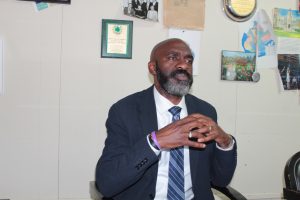
Blake’s candidacy is built on a legacy of public service. From expanding the My Brother’s Keeper program to helping implement the first statewide initiative for boys and young men of color in New York, Blake has always fought for policies that uplift marginalized communities. Through his work in the Assembly, Blake helped secure initial funding for My Brother’s Keeper—”$25 million to $18 million state funding to help school districts across state with their college and career community engaging programs to help more Black and Brown boys graduate school and was successful and still goes on till today,” Blake said.
But it’s his vision for New York City that sets him apart. Blake is not just focused on policies that serve the city’s immediate needs, but on creating long-term solutions for affordable housing, economic equity, and public safety.
On the housing crisis, Blake advocates for building on every available plot of land to meet the city’s growing demand for housing. “If we’re serious about this, let’s find every plot of land that’s available and figure out how to build on that and increase the opportunity for more people to get in the game.” Regarding the City of Yes proposal, he added, “On the city of yes it should have went further; it didn’t address affordability just building more units. ‘Affordable to who?’”
His vision for “true economic fairness” extends to addressing New York City’s budget challenges. Blake supports reforming how income and creditworthiness are assessed in housing.
“End credit scores for home ownership applications, change local median income.” He also distinguishes between policy approaches: “Guaranteed income is different than universal income, creating the floor with everybody, assessing who actually has a gap and helping them is a more equitable approach.”
On the topic of the ever emerging notion of city casinos, Blake sees opportunity where others criticize. “I Believe it will help create jobs and wages and create a full dynamic opportunity that the community benefits from,” and added, “At the end of the day it’s a person’s choice what they’re doing with their funds.”
Blake also reflects on his unique approach to working with the federal government, informed by both personal and professional experience. “It is impossible to lead New York City if you don’t have an understanding of DC, if you’re laying out a plan you should be able to articulate how exactly you’re paying for it,” Blake said.
During the COVID-19 crisis, Blake took swift action to support New Yorkers. “We brought World Central Kitchen to New York City during the COVID-19 pandemic and worked with restaurants, Small Businesses and nonprofits to feed and provide P.P.E. to New Yorkers.”
He also led efforts on Capitol Hill. “I led an effort to work with US Senate members on how to get funding for small businesses faster and better because the PPP did not work and they could not access the funds. I helped change that in a significant way.”

Blake’s approach to the economy includes cracking down on empty storefronts and rentals. “Vacant apartment tax, vacant storefront tax, landlord is making a conscious decision to weigh out this small business for a bigger market rate, for Blake behavior like that hurts everybody, look into rescinding licenses.”
His extensive leadership experience, he says, is central to why he’s running. “I fundamentally believe that we are in a moment in time right now where there’s a lot of people who are talking about different ideas that are not realistic given the environment that we’re in.”
Blake also hasn’t shied away from sharp critiques of former Governor Andrew Cuomo, questioning the circumstances around his resignation and the nursing home scandal. “He still hasn’t said if he didn’t do it, why did he resign then?” and “the nursing home issue during COVID and people died because of a book deal.”
As a reverend licensed since 1995, Blake’s faith is a constant thread through both his personal and political journey. “Born with a heart murmur in Bronx hospital on Christmas night 1982, it’s the reason I still have a portrait of the Last Supper in my living room,” he shared, reflecting on the role faith has played in his life. He recounted a near-death experience in 2001, when he fell asleep at the wheel and miraculously survived—an event so pivotal that the words he wrote afterward still hang on his mother’s fridge. And while his career has taken him to the national stage, Blake remains deeply rooted in his Bronx upbringing: “From a local dynamic I’m still that kid who would get pizza from Vinny’s hanging at Van Cortland Park.”

He’s also the CEO of KAIROS Democracy, which works on “positive storytelling of the impact of democracy, people think democracy is not working for them and show them when it is done correctly how it impacts them,” and he’s a partner at the Atlas Strategy Group, focused on applying “consciousness to capitalism.”
For Michael Blake, it’s not about lofty promises—it’s about showing how his leadership can help people “keep the lights on.” He summed up his candidacy by pointing to the connection between his life, his service, and the city: “People are genuinely wanting to understand how my policies are helping them keep the lights on.”
Blake’s campaign is not just about politics. It’s about service—a lifelong dedication to his community, his city, and his faith. As mayor, Blake wants to leave behind a legacy that empowers New Yorkers to keep money in their pockets, build their dreams, and create a more equitable city for future generations.
